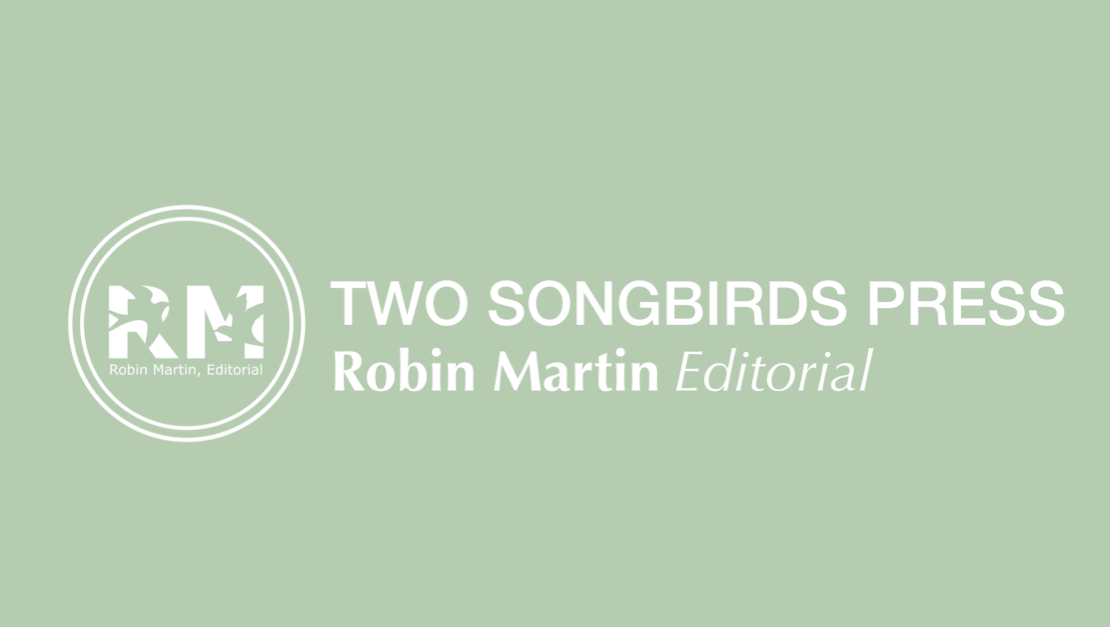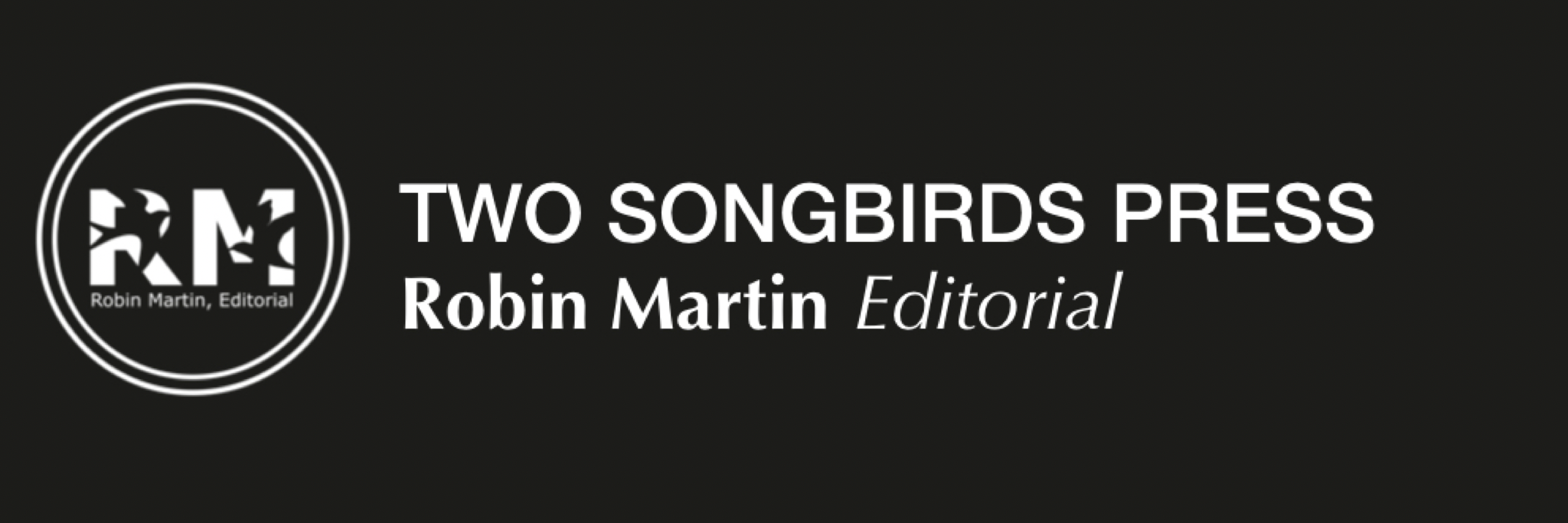- April 30, 2016
- Robin Martin
- No Comments

The Association of Writers and Writing Program’s annual conference and bookfair is a very exciting industry event. It inspires. It disappoints. It overwhelms. It builds. It agitates. It connects a bunch of the diverse people who are in this writing biz. Even though there is no shortage of media posts surrounding this event, I feel compelled to add one. I interviewed two colleagues who attended the event for the first time this year.
Gary
Gary is a long-time psychotherapist in private practice. He has two graduate degrees, one of them in literature, but has never formally studied creative writing until he became my client. He writes linked and unlinked fiction, and had never heard of AWP until I suggested he attend the bookfair this year. So far, he only writes privately.
Jen
Jen is an emerging young creative nonfiction writer, who has a MA in Creative Writing and three children under 6 at home. Her work has been published in a number of places whose names you would recognize. Jen has a website where you can learn more about her: https://jenpalmaresmeadows.com
TSP: Why did you attend AWP in LA this year?
Gary: I attended AWP LA to browse the book fair, make connections with other writers, editors, and publishers—and with you, of course, since we had never met in person. Also to catch as many panel discussions as possible that would 1) contain didactic content, especially in the areas of short fiction, LGBTQ fiction, memoir and other forms of nonfiction, and 2) provide guidance and information about getting my work in print, particularly in LGBTQ-friendly publications.
Jen: I had wanted to attend AWP since I first learned about it in grad school, but due to financial viability and familial obligations, was unable to do so until now. For years, I was the person stuck at home, following Twitter feeds, and reading AWP blogs. This year, everything came together. It’s nice to join the larger writing community as a sentient, flesh and blood person, rather than simply words on the screen. Computers are great, but do not replace a smile, an embrace, or thoughtful conversation with a stranger.
TSP: What were you hoping to learn at the conference?
G: I was looking to make personal connections, learn of more LGBTQ-friendly publications, and benefit from the panel discussions.
J: I recently started a large essay project, so I hoped that the conference would help kickstart my project and motivate me to get some real work done on it. Listening to and discussing writing with other writers creates a sort of delicious frenzy that I wanted to take advantage of. Plus, there were must-attend panels and amazing keynotes. I also wanted reconnect with friends I hadn’t seen in a long time, meet the writers I’d corresponded with online, and thank the journals and editors that had published my work.
TSP: What were your favorite panels (please tell me about up to three) and what did you enjoy about them?
G: Reimagining Literary Spaces [F199] and Story as Survival [F235]: I liked the information about current LGBTQ fiction and nonfiction, LGBTQ-friendly publications, and the political/diversity challenges within the literary/publishing world encountered by authors, and also by publications open to diverse voices. In addition, I learned more about memoir-writing from an LGBTQ perspective, and grew increasingly interested in that form of writing, as a result. Also, Linked and Unlinked, Reimagining Story Writing [S198]: This panel was very helpful to my process of writing linked short fiction.
J: Stories By Design: Visual Narratives [R123]: This was the first panel I attended, and one of my favorites. Hybrid writers are pushing form and language, playing with different medias. Some of the writers were using images, design, maps, drawings, video games and other forms. I think there’s so much exuberance and inspiration to be gained from attending those kinds of panels. You never know how they will enrich your writing. Literary Orphans Presents the Importance of Writing Essays That Change the World [R138]: Writing an essay that can ‘change the world’ seems ambitious and maybe impossible, but I liked the idea that it’s important we try. The all women panel was moderated by Anna March. Some of the things discussed: how personal story can become larger than yourself, writing from a place of authority, and owning your story. I came away from the panel inspired and motivated.
TSP: How much time did you spend at the bookfair? What table/booth at the bookfair was your favorite, and why?
G: I spent less time than I would have liked, but I visited fifteen booths or more and browsed many others. Favorites: Under the Gum Tree, Narrative, LA Review (The Offing), Solstice, Slice, Lambda Literary, James Franco Review, Ascent, and others.
J: I probably spent three to four hours in the book fair each day. And it was time well spent, despite always thinking, “Oh, I’m missing this panel or that reading.” But there’s so much awesome at AWP, the feeling is inevitable. I couldn’t pick a favorite, though I did enjoy the Iron Horse booth which had a cool little horse race you could compete in for prizes. My favorites were the ones where I knew the people behind the table, and the journals that published my work. It was great being able to say, ‘thank you.’
TSP: Did you make any direct connections in support of your writing and/or publication?
G: I did make several good connections. I had a great chat with Paul Lisicky. He is very accessible and down to earth. He told me to reach out to him for possible submissions to his short fiction review. As to publications on my list, [I’ve added] Solstice, Narrative, Slice, The Offing, and Under the Gum Tree. Others, too. I also have a better idea of which stories to submit, which to continue revising, and which to skip for now. They are all my babies: which to chose, which to neglect?
J: Yes, I did receive some offers to submit my work to places, and that of course, was appreciated–if you can differentiate yourself from the slush pile in any way, that’s handy. Still, I try to keep in mind that when it comes down to it, a successful writing career has less to do with networking and more to do with the work I create. You can shake every hand at AWP, get invitations from every editor, but if the writing isn’t good enough, it doesn’t matter. That’s why when I do meet people professionally, I’m more interested in connecting with them as individuals. It’s difficult to do, and I know not everyone has the time, energy or the inclination, but that connection is much more worthwhile to me.
TSP: If geography and resources came together right, would you consider attending a future AWP?
G: I would certainly consider attending in the future, but would try to arrange to be there for the entire conference.
J: Absolutely. Professionally, the opportunities the AWP conference provides are unlimited. You might find a publication or press that would be a great fit for your writing, or meet someone you want to collaborate on a project with. Writing can be a lonely business, so it’s wonderful to have a reason to gather now and again with the writing community, if only for support and encouragement.
TSP: What do you know now about the conference that you wish you’d have known going in?
G: That there is too much to do and learn, and too many folks to meet, in two days!
J: Although countless blogs warned me, I wish I had known how mentally exhausted I would be by the last day of the conference. The first day, I shook hands, smiled, made witty conversation. By the last day, I wandered around the book fair, numb, and struggling to engage. I was zoned out at the booth of a well-known publication (I won’t say which one) when a man said my name in greeting. It was the editor for said well-known publication. We shook hands and he introduced himself. With poor eye contact, I mumbled, “I know who you are,” and kind of wandered away. My prepared canned response should have been: “I’m a subscriber. I appreciate your publication and the work you do. Thanks.” Exit.
Thank you so much for your thoughtful responses, Jen and Gary. And, hey—no regrets! There’s always next year.



